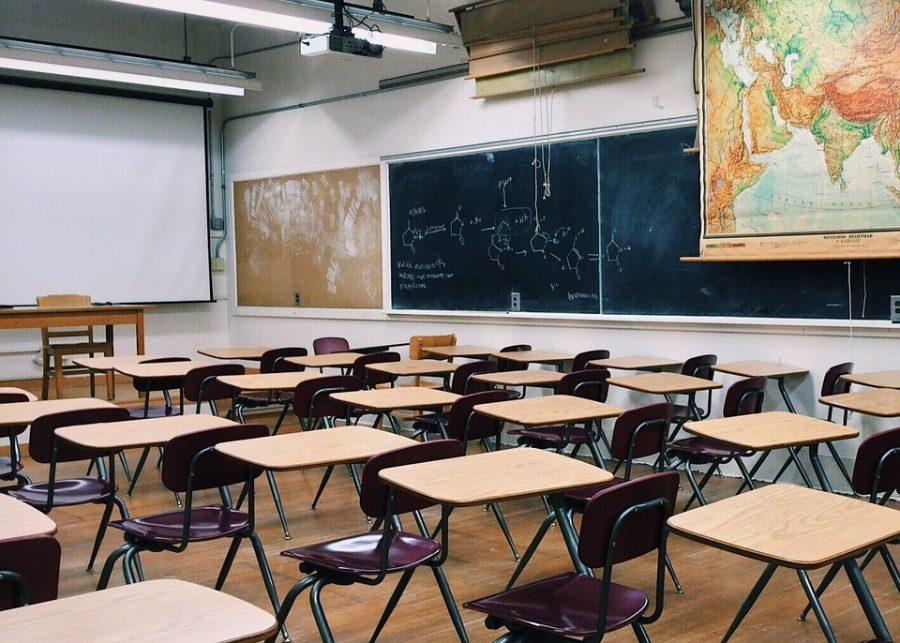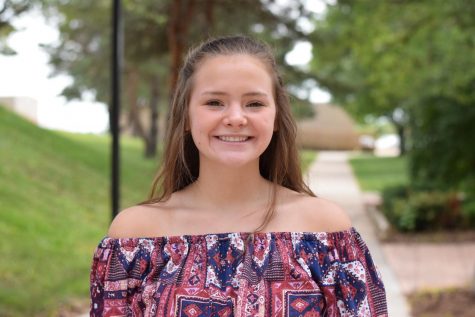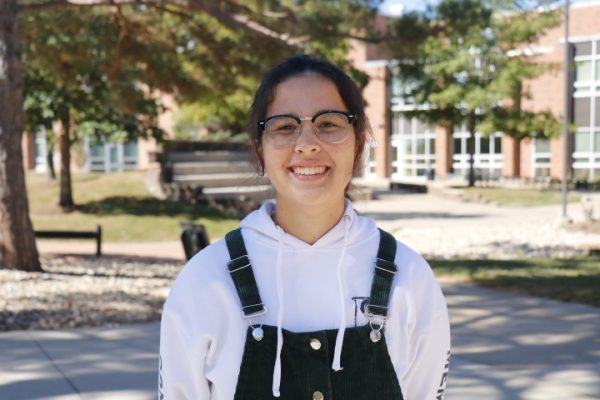A.L.I.C.E. empowers
In light of the recent school shootings, the Iowa City School District organized the first public A.L.I.C.E. Trainings.
May 4, 2018
The recent increase of school shootings has seriously freaked me out, to say the least. The thought of a fellow student walking into the halls of West High armed with a weapon is enough to make me feel physically ill. The thought that I may actually look into the eyes of this student killer is horrifying. My immediate thought of how to act in this situation would be to hide, like school lockdown procedures have previously taught me. Hide, cross my fingers and hope I’m not seen so I can go home to my family. But I now realize that if I were to react to a school shooting in that way, I would have a higher likelihood of dying than surviving.
A.L.I.C.E. stands for Alert, Lockdown, Inform, Counter and Evacuate. On Saturday, April 21st, the Iowa City Community School District (ICCSD) held their first A.L.I.C.E. training open to the public. A few school administrators, Superintendent Murley and multiple armed police officers traveled to City, West and Liberty High Schools to lead the training. I attended the training at West High and due to minimal advertisement, only around 30 other citizens attended as well. The administration should have publicized this event more persistently. It took place in the auditorium where they set up a table with six chairs on the stage for a few volunteer activities. Volunteers acted out school intruder situations and how to react to them effectively. The training flew by in two hours. They touched on many statistics, some of which were strangely comforting yet alarming. One fact stated that over 30 percent of shootings take place in public locations and around 20 percent take place in schools. They addressed the publicity around school shootings and a few specific incidents, but most importantly they taught us how to fight back and react in order to get out safely.
First, I learned that there is no right way to react. Your instincts will kick in and ultimately you have to do what feels right in the moment. We were taught a whole slew of ways we could react, like fighting back by coming together and tackling the shooter: two people could grab the arms and two others on the legs. We learned to throw objects at the shooter if they were to enter the classroom— laptops, trash cans, staplers, whatever you could get your hands on. We learned ways of how we could escape, such as climbing through windows and running in a zigzag pattern down the hall and out of the school. We also learned ways of barricading ourselves in a classroom and if worse came to worse, we learned how to hide in a classroom effectively.
Before I attended the training, I’ll admit I was a little bit scared because I had no idea what to expect from this experience. I had heard so much about why students shouldn’t attend or why they should, but nobody was giving out unbiased statements of what the event would be like or how it would be taught.
Well, the female officer who I was trained by gave absolutely no opinions. It was strictly facts. She didn’t speak about gun control or politics. Her only goal was to make us feel confident and empowered by the time we left the auditorium, and we all did.
I could go on and on about the numerous life saving skills I learned in those two short hours, but the number one thing I took away from this experience was how to work with your classmates in order to stay alive. This training was free, unbiased and truly empowering. Personally, A.L.I.C.E. training was not a scary, intimidating or anxiety-provoking experience; in fact, it helped build my confidence. There is no telling how one might react in real life to an emergency, but after this training you will gain new tools to use if you ever are in this terrifying situation. Everybody should go through this training procedure. You will most definitely take away skills that someday might save your life.






